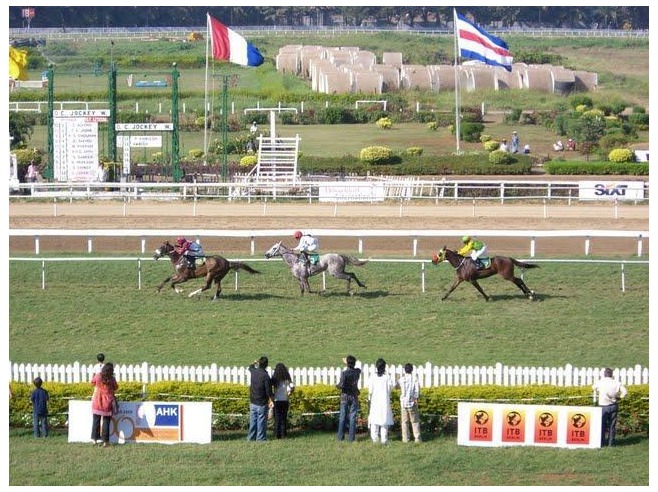Legal & Regulatory
Portions of Assam and Odisha Gaming Acts might be unconstitutional, games of skill should be permitted across India
It is interesting to note that all websites offering games of skill including websites offering rummy, chess, poker, golf and other such games have been careful not to offer their services to residents of Assam and Odisha (and more recently after the Madras High Court decision outlawing rummy for stakes, even in Tamil Nadu and Pondicherry, the regions where the territorial jurisdiction of the Madras High Court extends to).
The interesting reason why these websites do not permit games of skill for stakes from these two states is because the gaming acts applicable to these states, i.e. the Assam Game and Betting Act 1970 and Orissa Prevention of Gaming Act 1955 do not create any exception for games of skill (such exception is made by all the other gaming acts). The Assam and Odisha Acts do not permit any games in which a person stakes money.
The Assam Act does not permit staking of money or moneys worth on the happening or determination of an unascertained event, thing or contingency for or in relation to any game or sport etc.
The Odisha Act does not permit any play or game for money or other stake and includes betting and wagering and other act, game and contrivance by which a person intentionally exposes money or things of value to the risk or hazard of loss by chance.
One may notice that both these definitions include staking money on all games and sports within its ambit without creating any exception for games involving intellect and skill. This means that it is illegal to play such games publicly. It is also illegal to conduct any business venture allowing participants to play such skill games for stakes.
However, these provisions disregard the constitutional guarantee to practise any trade or carry out any occupation, trade or business under Article 19(1)(g). Reasonable restrictions may be imposed by the state to curtail this right by enacting a law in the interests of general public.
The Supreme Court in the 1957 case The State of Bombay v. RMD Chamarbaugwala had said that gambling activities are inherently pernicious, immoral and contrary to public policy. Hence the constitutional protection guaranteed under Article 19(1)(g) would not extend to gambling businesses. The state was free to ban gambling activities and this could not be termed as unjustified.
The court did not clearly answer whether the guarantee is available to business ventures allowing games of skill.
Again in M.J. Sivani v. State of Karnataka (1995) the court held that the right under Article 19(1)(g) can only be denied to maintain public order or prevent anti-social and immoral activities. It was thus not open to challenge regulation, licensing or even banning of video games which did not include a substantial degree of skill. Such an action could be valid as reasonable restrictions in the interests of general public.
Both these decisions have not answered whether games involving a substantial degree of skill are guaranteed the protection of Article 19(1)(g) while allowing games of chance to be regulated or banned. However a logical corollary to these decisions would be that games of skill enjoy the constitutional protection under the freedom of trade and occupation clause and only regulations in public interest may be permitted. This has been observed by the Supreme Court in RMD Chamarbaugwala v. Union of India (1957). The Court in relation to prize competitions had observed that different considerations arise as regards to competitions involving substantial skill. “They are business activities, the protection of which is guaranteed by Art. 19(1)(g).”
Thus, if rummy and other skill games enjoy constitutional protection, it is not possible to ban such games even in Assam and Odisha. Offering such games may be the trade of business ventures. It is also the profession of players who earn their livelihood out of such games by staking money against other players. This cannot be denied by any Act of the legislature and the portion of the Acts not allowing staking of money for any sport (without ascertaining the element of skill) may be struck down as unconstitutional by courts.



















nomad436
August 5, 2012 at 3:04 pm
Thank you for the explanation . None of the websites allow player like us from orissa & assam to play money games , as in rummy . Can you tell me if these laws have been updated & will I get in serious trouble if I do play these games ?
And secondly how do i appeal for such exceptions to the law ?
ashish
January 7, 2016 at 3:43 pm
Sir….in Orissa skill base game main paisa lagana ban he kya
Dilip
November 7, 2016 at 2:44 am
What is the meaning one india one consttution/suprim court s directives on skill game.assam&odishsa is out side of india.
Dilip
November 7, 2016 at 2:47 am
Mean law shuld be equl for all state.
Dilip
November 7, 2016 at 2:51 am
Law should be equal for all states.